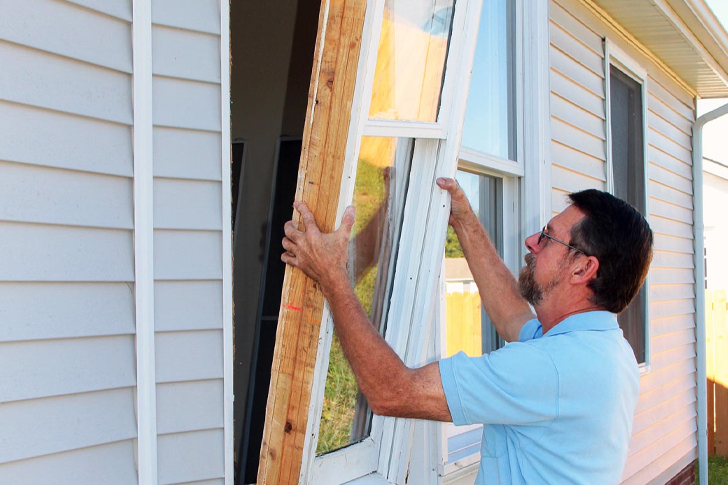Budget-Friendly Window Replacement Tips for Seniors
Windows play a crucial role in maintaining the comfort, energy efficiency, and security of a home. However, as they age, they may become less efficient or functional, necessitating replacement. For seniors managing fixed incomes, the cost associated with window replacement can be daunting. Fortunately, there are several strategies and resources available that can help ease the financial burden and ensure that window replacement is both affordable and stress-free.

Understanding the Need for Window Replacement
Before delving into how seniors can save on window replacement, it’s important to understand why and when windows should be replaced. Windows that are old, drafty, or damaged can lead to increased energy bills, reduced home security, and impaired indoor comfort. Signs that windows might need replacement include noticeable drafts, difficulty in opening or closing, condensation between panes, and visible damage or decay.
Benefits of Replacing Old Windows
Replacing old windows is not just about improving the appearance of a home; it offers multiple long-term benefits:
1. **Energy Efficiency:** New windows can significantly reduce heating and cooling costs. According to the U.S. Department of Energy, replacing single-pane windows can save between $126 to $465 annually.
2. **Increased Home Value:** Quality window replacements can yield up to 73% return on investment, according to the National Association of Realtors.
3. **Enhanced Safety and Security:** Newer windows are typically more durable and come with better locks and security features.
Financial Help for Seniors Needing Window Replacement
1. **Government Grants and Programs:**
– **Weatherization Assistance Program (WAP):** This federal program aids low-income families in enhancing their energy efficiency, which can include window replacements. Seniors who qualify can have their windows replaced free of cost.
– **Area Agencies on Aging (AAA):** These local agencies provide resources and support to seniors, including help with home modifications.
2. **Home Improvement Grants:**
– Many states and local governments offer grant programs dedicated to helping seniors maintain their independence. For instance, the Very Low-Income Housing Repair program offers loans and grants for home repairs and improvements.
Choosing the Right Windows and Installation Service
To maximize savings without compromising quality:
1. **Select Energy-Efficient Windows:**
– Look for windows with ENERGY STAR ratings; these windows meet strict energy efficiency guidelines set by the U.S. Environmental Protection Agency.
– Consider double-glazing and low-E coatings to further enhance energy savings.
2. **Hire Reputable Contractors:**
– Obtain multiple quotes to ensure competitive pricing.
– Verify the credentials and experience of the contractor. Look for certifications from industry bodies such as the American Window and Door Institute.
– Check references and reviews from previous clients, particularly those in the senior community.
Detecting Financial Assistance and Discount Programs
Apart from national programs, there are also discounts and specialized services provided by local businesses and utility companies:
– Some utility companies offer rebates for installing energy-efficient windows.
– Local non-profits or religious organizations sometimes sponsor aid for home improvements for the elderly.
– Veterans may be eligible for additional benefits through the Veterans Administration.
Conclusion
Window replacement for seniors does not have to be prohibitively expensive. By understanding the need and benefits, leveraging government and local assistance programs, choosing the right products, and carefully selecting service providers, seniors can significantly reduce the financial strain of this worthwhile investment. Improved comfort, lower energy bills, and enhanced security are just a few of the benefits that come with new windows, making the investment not only safe but also smart.







Recent Comments